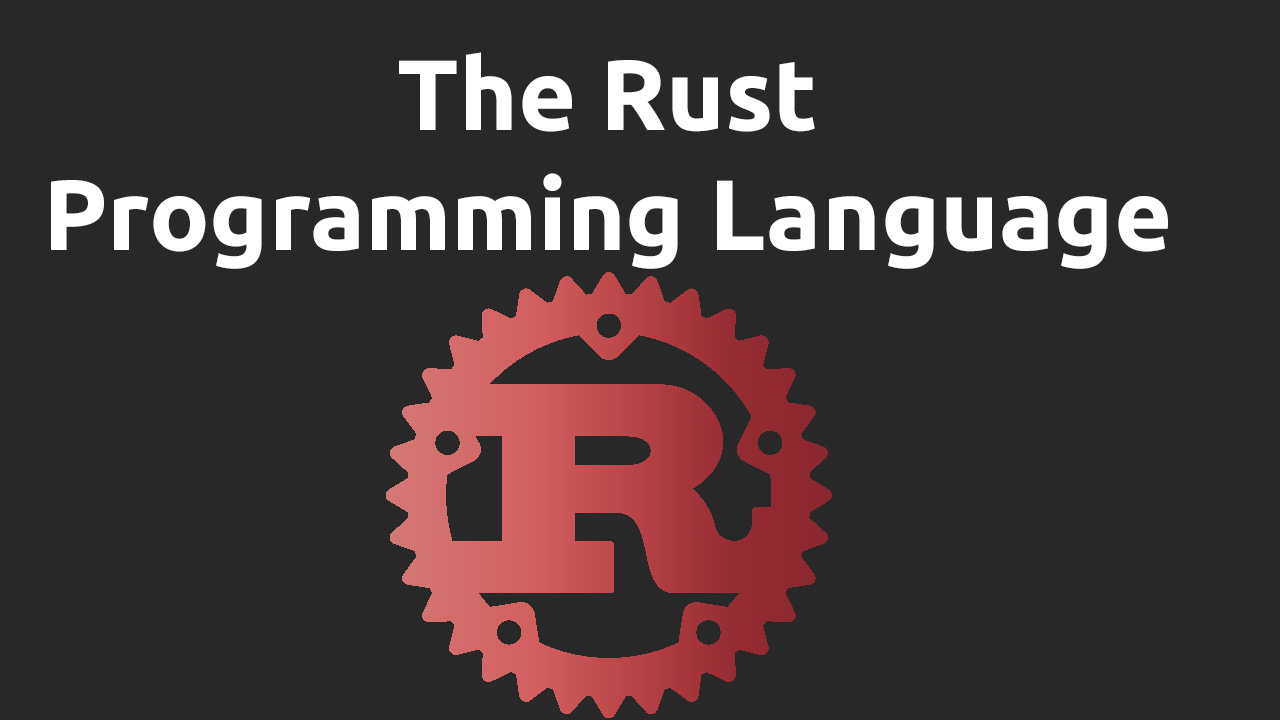The Rust programming language

In today's article we will talk about the Rust programming language. We will find out what it is needed for, where and by whom it is used, what advantages it has, and we will also show you the installation method.
What is Rust?
Rust is a general-purpose programming language that is designed for the development of high-load systems. You can write a lot of things on it, from simple web applications to the most complex platforms that process requests from hundreds of thousands of users.
The creators of this language are going to eclipse C and C++ by eliminating problematic issues. For example, in C and C++ there are problems with compilation and memory leaks and other things that can worsen the experience of using these programming languages. Rust, in turn, got rid of these disadvantages, thanks to which it gained great popularity, thereby securing its way to companies such as DropBox, Twitter and others.
What is it for?
As previously written in this language, you can write everything. For example, you can use it to write a console application or a web application of any complexity, but it is still desirable that it be quite complex because the language is designed for this. But that's not all, because with its help you can do network programming, embedding systems or WebAssembly.
Used by who?
Since this language has very big ambitions and goals, any programmer can use it. It will be useful for both a web developer and an ordinary programmer (But in-depth knowledge of programming is needed). Why is this the case? All because thanks to the support of the community and developers, Rust is improving every day.
History
We will not go into the full history of this language, but we will briefly go through its creators and capabilities.
The creator of this language was originally Mozilla programmer Graydon Hora, and then Rust was completely taken over by the company. It was thanks to this language that it was easier to transfer the Firefox browser to a new engine and speed up its work. After all, one of the most important advantages of this language is its speed and reliability.
What are the advantages?
As in any programming language, it has its pros and cons, which we will now consider.
Positive
- Speed and reliability
As mentioned a little above, Rust is so popular and loved by users because It includes the speed of C++ and the reliability of Java. - Compatibility
In Rust, you can call code blocks in C and C++ and vice versa. - Multithreading
Can perform multiple operations at the same time. - Operating systems
Works on Unix and Mac. - Error description
Provides a detailed description of the errors.
Minuses
- Work
At the moment, not many companies are looking for a developer in this language. - Updates
Although it's a plus that updates come out often, it's also a minus because the syntax is changing. - OOP
There are no inheritance and classes typical of the OOP style.
As you can see, there are both pros and cons in this language, but there are much more pros in it.
Installation method
In order not to describe all the commands here and demonstrate for a long time exactly how it can be installed, we shot a video that we posted on our YouTube channel.
Conclusion
Rust is a great solution for programmers who already have knowledge of programming, but want to learn something new. Frankly speaking, there is nothing for a beginner to do here, since there are criteria for studying which include parallelism, working with memory and much more. However, if you know how to program in C or C++ and want to try something more convenient and reliable, then Rust is your choice.

